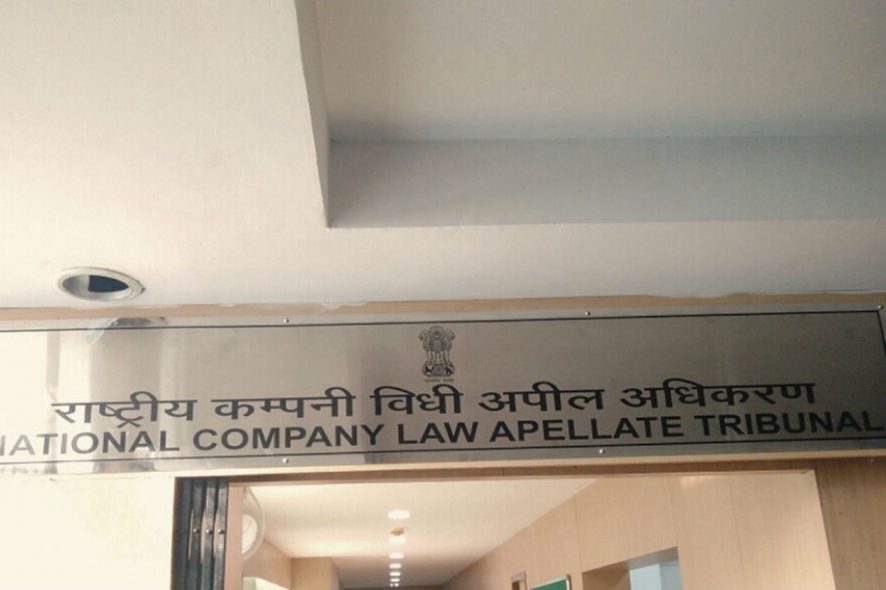National Company Law Appellate Tribunal (NCLAT): A Bench comprising of Justice S.J. Mukhopadhaya (Chairperson) and Justice B.L. Bhat (Judicial member) rejected an appeal challenging an NCLT judgement where it allowed a liquidator to sell the assets of a company which had been attached by the Directorate of Enforcement (ED) during the period of ‘Moratorium’.
The Resolution Professional had filed an application before the NCLT for releasing the attachment of certain assets of Varrsana Ispat Limited (Corporate Debtor) by the ED. The NCLT held that ordering the release of the attached assets would not be maintainable since the attachment order was issued before the order of declaration of ‘Moratorium’ in the present case. The aforesaid NCLT order had been challenged in this appeal.
The Tribunal rejected the appellant’s contentions that Section 14 of the Insolvency and Bankruptcy Code, 2016 would have an overriding effect over the Prevention of Money Laundering Act, 2002 and that creditors and investigative agencies could not disrupt the ‘Corporate Insolvency Resolution Process’ during the period of ‘Moratorium’. The bench observed that since the provisions of the Prevention of Money Laundering Act, 2002 pertained to ‘proceeds of crime,’ Section 14 of the I&B Code would not be applicable to such a proceeding.
The Order stated that the offence of money-laundering has nothing to do with the ‘Corporate Debtor’ but will be applicable to individuals such as ex-Directors and shareholders of the ‘Corporate Debtor,’ who cannot be given protection from the Prevention of Money Laundering Act, 2002 by taking advantage of Section 14 of the I&B Code. Rather, it held that both the Acts would be invoked simultaneously. Since the attachments were made by the ED long before the initiation of the Corporate Insolvency Resolution Process, this would disallow the ‘Resolution Professional’ from taking advantage of Section 14 of the I&B Code. [Varrsana Ispat Limited v. Deputy Director, Directorate of Enforcement, Company Appeal (AT) (Insolvency) No. 493 of 2018, decided on 27-07-2020]







